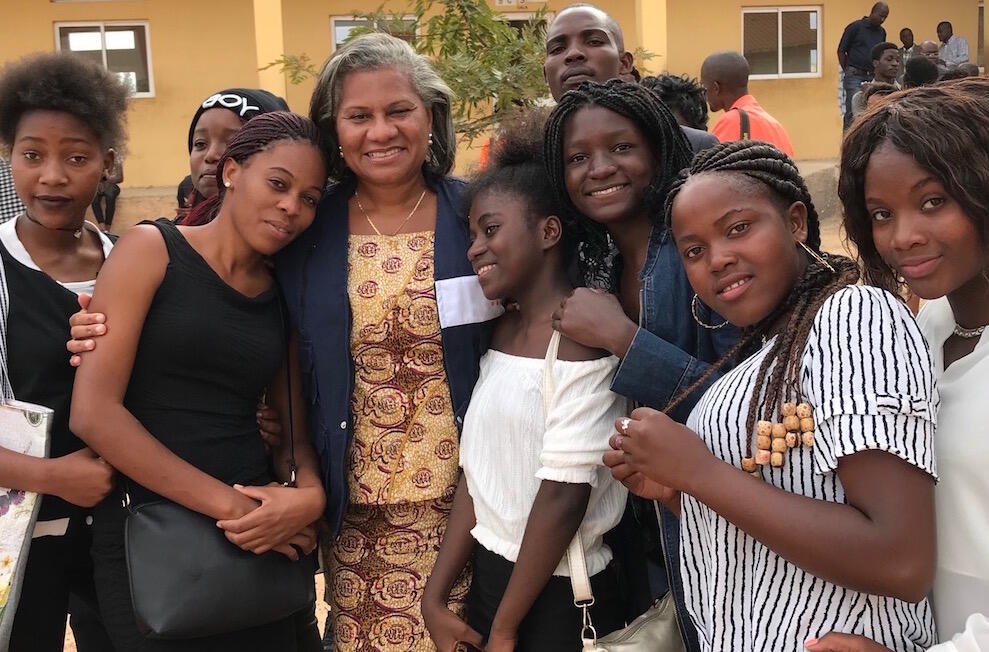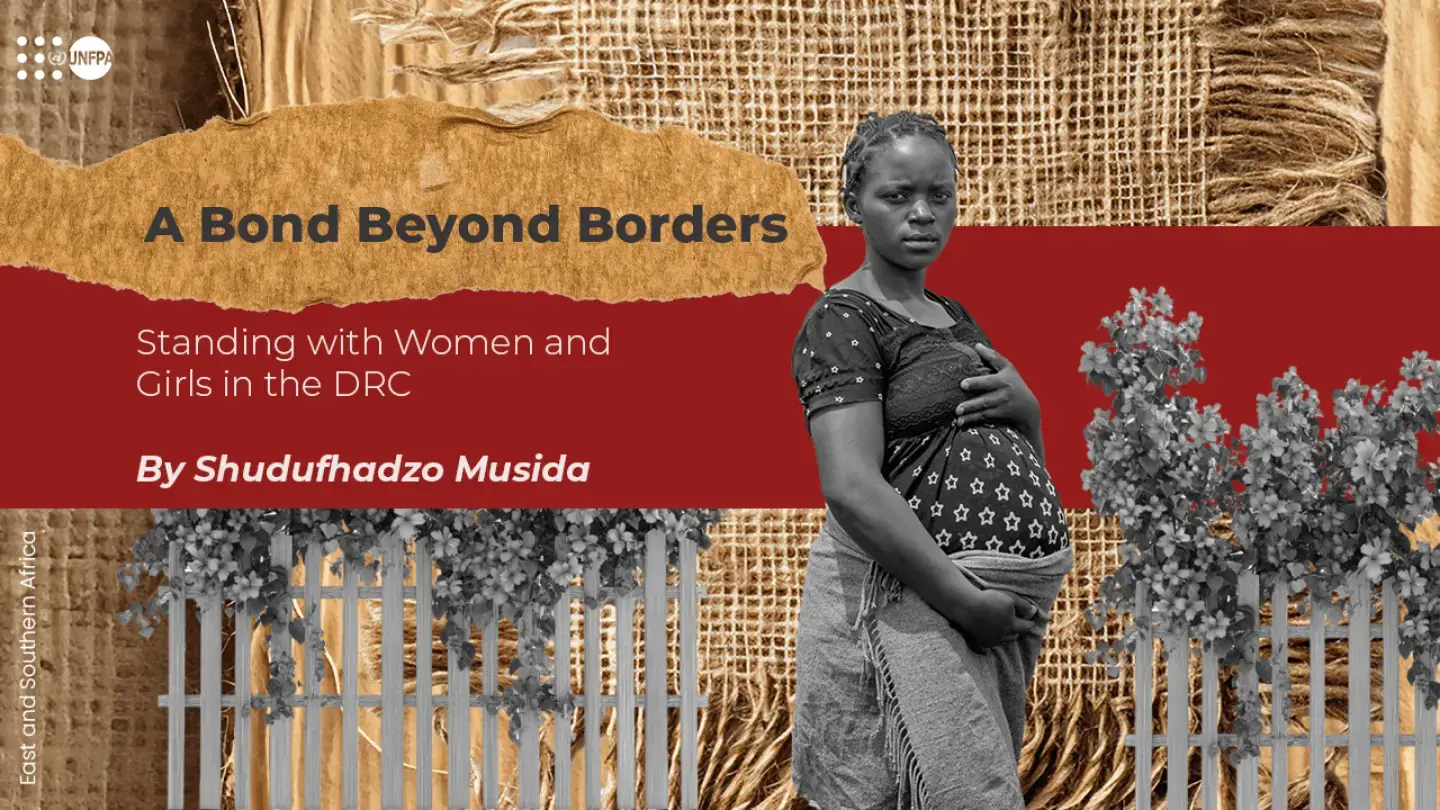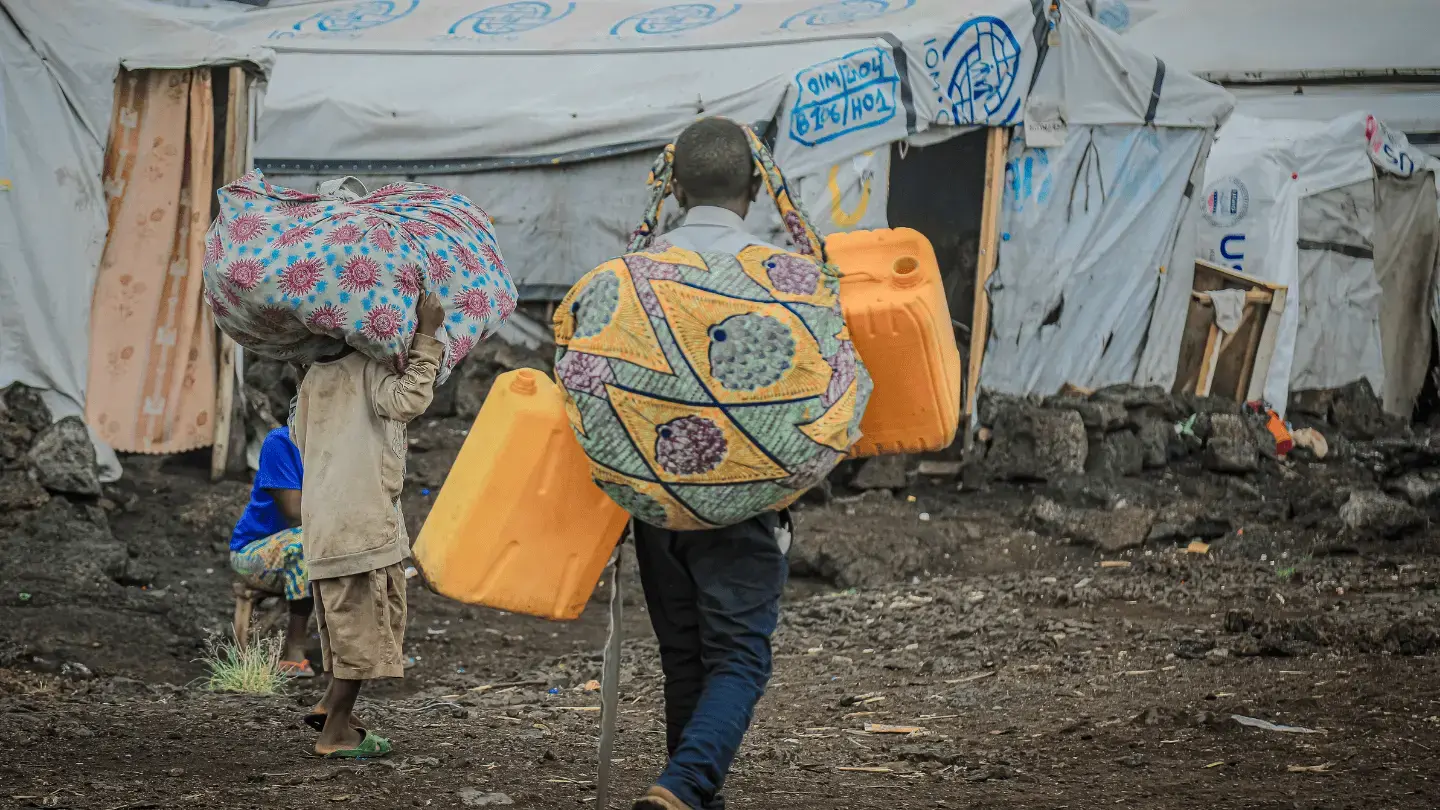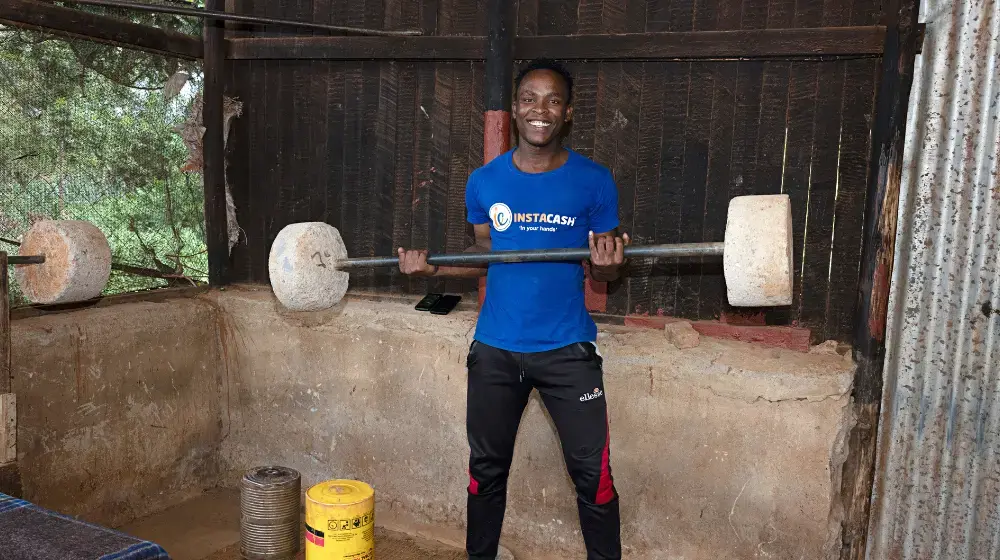Blog: Our Humanity in a Time of Crisis: Part II
By Dr. Julitta Onabanjo
As we begin the first week of a three-week-long lockdown in South Africa, my thoughts turn to two young adults in lockdown in New York City—my two children. At a time when much is uncertain and nations across the world find themselves in varying stages of dealing with the virus, my children have encouraged and inspired me, and shared practical tips on how best to get through these early days of staying at home.
On the eve of its lockdown, South Africa crossed the threshold of 1,000 confirmed COVID-19 cases. To date, the country has 1,280 cases—the highest number on the African continent. The United States became the first country to report more than 100,000 cases, with New York State reaching 60,000.
Across East and Southern Africa, countries are implementing stay-at-home protocols and restrictions in movement to varying degrees. In South Africa, learning institutions, sports facilities, places of worship, shopping malls and most public venues have closed. For young South Africans, this means their traditional social spaces and interactions have essentially shrunk to their homes.
This cannot be an easy state of affairs for the continent’s vibrant youth population. I empathize with their frustration as their lives, lifestyles and livelihoods have been put on hold. However, it is very clear that Africa will not be able to flatten its COVID-19 curve without the youth playing their part. In this, they have a unique opportunity to act as agents of change and communicate critical, life-saving behaviour during the crisis.
Youthful chants of “Nothing for us, without us” and “We are leaders of today” must not fall on deaf ears as policy-makers develop their national COVID-19 response plans. Young people must be seen as resourceful players, as well as accountable and responsible citizens, in what will need to be a collective response to this pandemic.
An example of this resourcefulness is Xoli Fuyani, a South African youth environmental activist with Earth Child Project in Cape Town, who is engaging online with young people in her community and globally.
“There are many ways to be a leader,” she says, “and leading by example is important. I work with 11-year-olds in informal settlements who are mobilizing to make their own sanitizers. Many parents have lost [their] incomes due to COVID-19, so children are taking matters into their own hands.”
We need to provide platforms for young people like Xoli to exercise leadership in these extraordinary times. UNFPA has worked hard to do just that.
In the East and Southern Africa region, we provide online safe spaces like the TuneMe mobi-site as well as the AMAZE.org/za website and YouTube channel, where youth can share their concerns and access accurate information about the COVID-19 outbreak, along with critical information about their sexual and reproductive health and rights, and other important life skills information such as how to cope with mental health stressors and build a positive attitude.
Through platforms provided by the African Youth and Adolescents Network on Population and Development (AfriYAN) and the African Union’s 1 Million by 2021 Initiative, young people are having vibrant conversations about the changing world around them. Here, they are providing concrete solutions to the consequences of this pandemic for Africa, while being sensitive to challenges that are specific to their communities. Concrete solutions include how to care for the elderly and the homeless, and how to practise physical distancing in high density informal settlements and refugee camps.
Importantly, young people are volunteering as lay counsellors and peer educators. Yet because they are hampered by restrictions in movement, they are using digital avenues to communicate crucial messages around personal hygiene, physical distancing, testing and tracing, treatment and care.
For adolescent girls and young women who are more vulnerable to gender-based violence, such as intimate partner violence and sexual exploitation, including via digital channels, UNFPA supports interventions through our core regional work as well as flagship programmes such as Safeguard Young People, the UN 2gether 4 SRHR, and the Global Spotlight initiatives.
All of these initiatives show that we will not close doors nor halt our platforms of support in times of lockdown.
Now, more than ever, we must collaborate with young people as partners. By supporting them to develop essential life skills, we can empower them to protect their health and well-being, as well as those around them. Young people must be given the space they need to be industrious and to forge innovative solutions to create the post COVID-19 future they want for themselves, their peers and their communities.
We must stand together in these uncertain times. Regardless of what lies in store for us as we battle the coronavirus, we remain certain that it includes a bright future, and that young people have a crucial role to play as agents of positive change.





